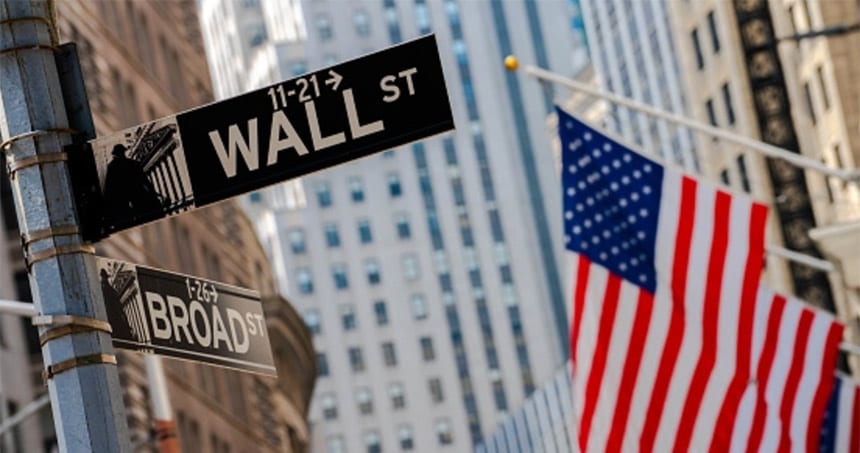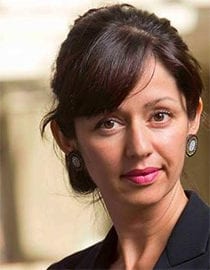
By Gwyneth K. Shaw
The global pandemic has laid bare the depth of income inequality, while renewed calls for racial and social justice ring out across the world. Many corporations find themselves scrambling to send the right message to their customers and employees, but will sentiments expressed on social media translate into lasting change?
Berkeley Law’s Business in Society Institute has been a leader in exploring how environmental, social, and governance (ESG) questions are—and should be—incorporated into business strategy. Founding director Amelia Miazad ’02 developed and teaches the school’s growing suite of courses bridging corporate law and social and environmental justice. With a new executive education course, Sustainable Capitalism and ESG Online, she’s taking the topic to laptops all over the world.
It’s time to reimagine capitalism, she says.
“For the past few years, there’s been growing enthusiasm from the business and investment community to take stakeholders into account. When the pandemic happened, there was a question whether that would be exposed as greenwashing or whether investors and the business community would double down. And they’ve actually doubled down,” Miazad says. “So we’re at this critical juncture with the opportunity to rebuild the way that we do business.”
Pivot point
Op-eds and platitudes abound, but precisely how to transform business norms remains nebulous. That, she hopes, is where the course comes in.

“We’re drawing from the experience of almost 50 investors and practitioners who are on the front lines of advocating for a new articulation of capitalism every day,” says Miazad, who conducted the interview series she has branded “The ESG Beat.” “Each interview is designed to elicit how the leaders of ESG are integrating environmental and social issues into their business and investment decisions.”
In each module, students will hear heavy hitters in the legal and business community. The lineup includes Salesforce’s Amy Weaver; Rob Chestnut, the chief ethics officer at Airbnb; Patagonia General Counsel Hilary Dessouky; former Chief Justice of the Delaware Supreme Court Leo Strine; Lloyd Carney, an independent director of Visa, Inc.; Michelle Edkinds, managing director and global head of BlackRock’s Investment Stewardship Team; and John Goldstein, who leads the Sustainable Finance Group at Goldman Sachs. Each module also includes insights from leading academics in law and business.
“In this course, we’re hoping to move beyond the ‘why’ to the ‘how,’” Miazad says.
Designed for legal and business professionals, the course can be completed anytime between late August and late January and includes about 35 hours of mandatory content over 10 modules. Students earn a certificate for completing the course.
Each segment includes lectures, curated readings, and writing exercises to give participants an opportunity to synthesize and reflect on what they’re learning. The course is designed to be self-paced and flexible, but Miazad will host live weekly office hours to provide a forum to discuss and debate emerging issues. Registration ends July 30, or when the course is full.
Sustainable Capitalism and ESG Online is designed to appeal to many roles within companies and firms, from the C-suite to the general counsel’s office, and even into investor relations and media positions. That cross-functional approach to ESG reflects the best practices of successful companies, Miazad says.
The Business in Society Institute, part of the Berkeley Center for Law and Business, has incorporated Berkeley Law’s public mission into a curriculum that gives students the opportunity to become leaders in building more sustainable corporations. This new course expands that reach, building on the institute’s role as a thought leader and incubator for transformational ideas.
“Ideas matter, and academics have always always impacted the business world. Berkeley Law has a unique advantage to help lead the way at this crucial juncture for capitalism: We have a very strong business law program but we also have an unparalleled commitment to social and environmental justice, and that combination situates us to be leaders in this movement,” Miazad says. “And, as part of the leading public university in the world, supporting the private sector’s commitment to solving societal issues is core to our own public mission.”